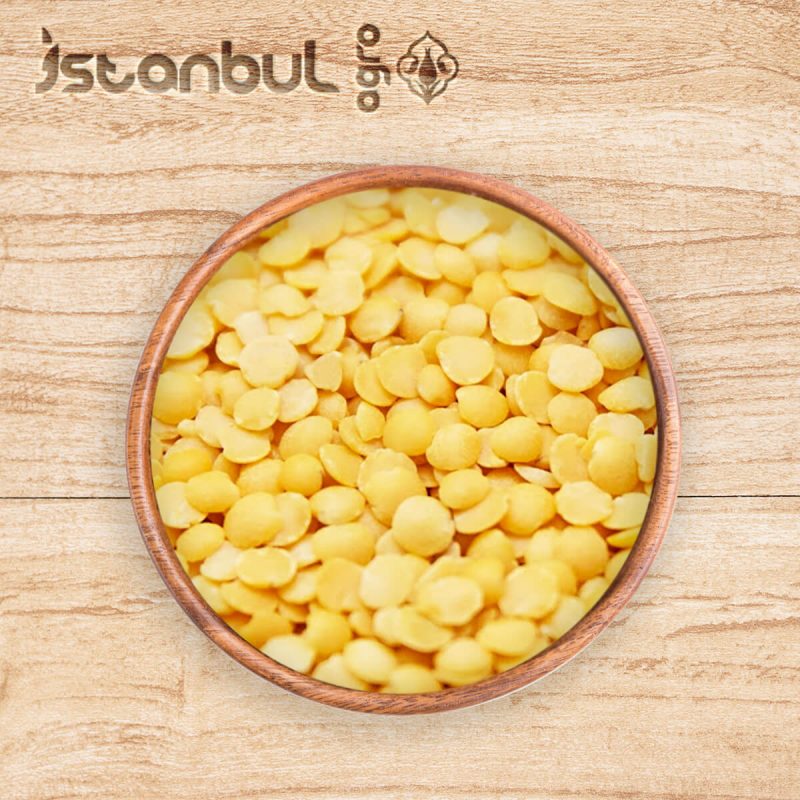Although yellow lentils are an inexpensive way to get a wide variety of nutrients, they are often overlooked. For example, it’s packed with B vitamins, magnesium, zinc, and potassium. Yellow lentils consist of over twenty-five percent protein. This makes yellow lentils an excellent meat alternative. It also contains iron, a mineral that is sometimes lacking in vegetarian diets. Although different types of lentils vary in their nutritional content, a cup of cooked lentils contains approximately:
40 grams of carbohydrate, 18 grams of protein, 0.8 grams of fat, 15.6 grams of fiber, Twenty-two percent of the daily intake of Thiamine, ten percent of the daily intake reference of Niacin, ten percent of the daily requirement of vitamin B6, Folate’s daily ninety percent of the daily requirement of Iron, thirty-seven percent of the daily requirement of Iron, eighteen percent of the daily intake of Magnesium and thirty-six percent of the daily intake of Phosphorus.






